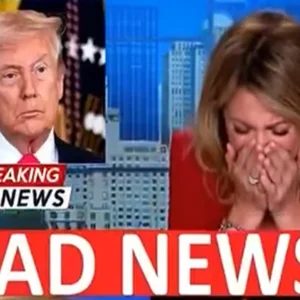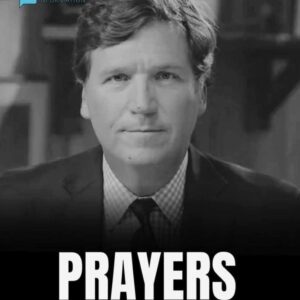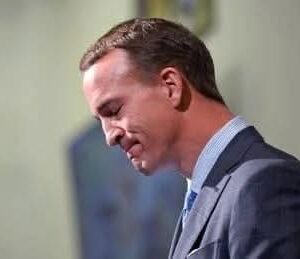A New Initiative Focused on Children’s Health
At the heart of the new policy is the establishment of a commission aimed at dramatically reducing chronic disease rates among children while reassessing the impact of certain medications, chemicals, and environmental exposures. The commission, which is slated to be chaired by Robert F. Kennedy Jr.—who has been appointed as the US Health and Human Services Secretary—has been given a clear and ambitious mandate. It is charged with evaluating the potential over-utilization of various medications, including selective serotonin reuptake inhibitors (SSRIs), antipsychotics, mood stabilizers, stimulants, and weight-loss drugs, all of which have become a significant part of the discussion around pediatric mental health treatment.
According to the executive order, the commission must produce an initial report within 100 days that details the current prescribing practices of these medications and assesses the associated risks they might pose to children’s health. Following this, an additional 80 days are allotted for the commission to submit a comprehensive strategy with actionable recommendations to the federal government.
The Commission’s Stated Goals
The official language of the order emphasizes a commitment to “drastically lowering chronic disease rates and ending childhood chronic disease.” This goal is to be achieved by rigorously assessing potential threats—including the overuse of psychiatric medications, exposure to specific chemicals, and other environmental factors—that may contribute to long-term health issues in children. Proponents of the order argue that by scrutinizing these factors, the government can take decisive steps to improve the overall health landscape for the nation’s youth.
The commission’s focus on children’s health and mental wellbeing is, on paper, a laudable objective. The promise of a detailed report and subsequent strategy underscores an intention to bring a more scientific and measured approach to issues that have, for some time, generated considerable concern among both healthcare professionals and families.





